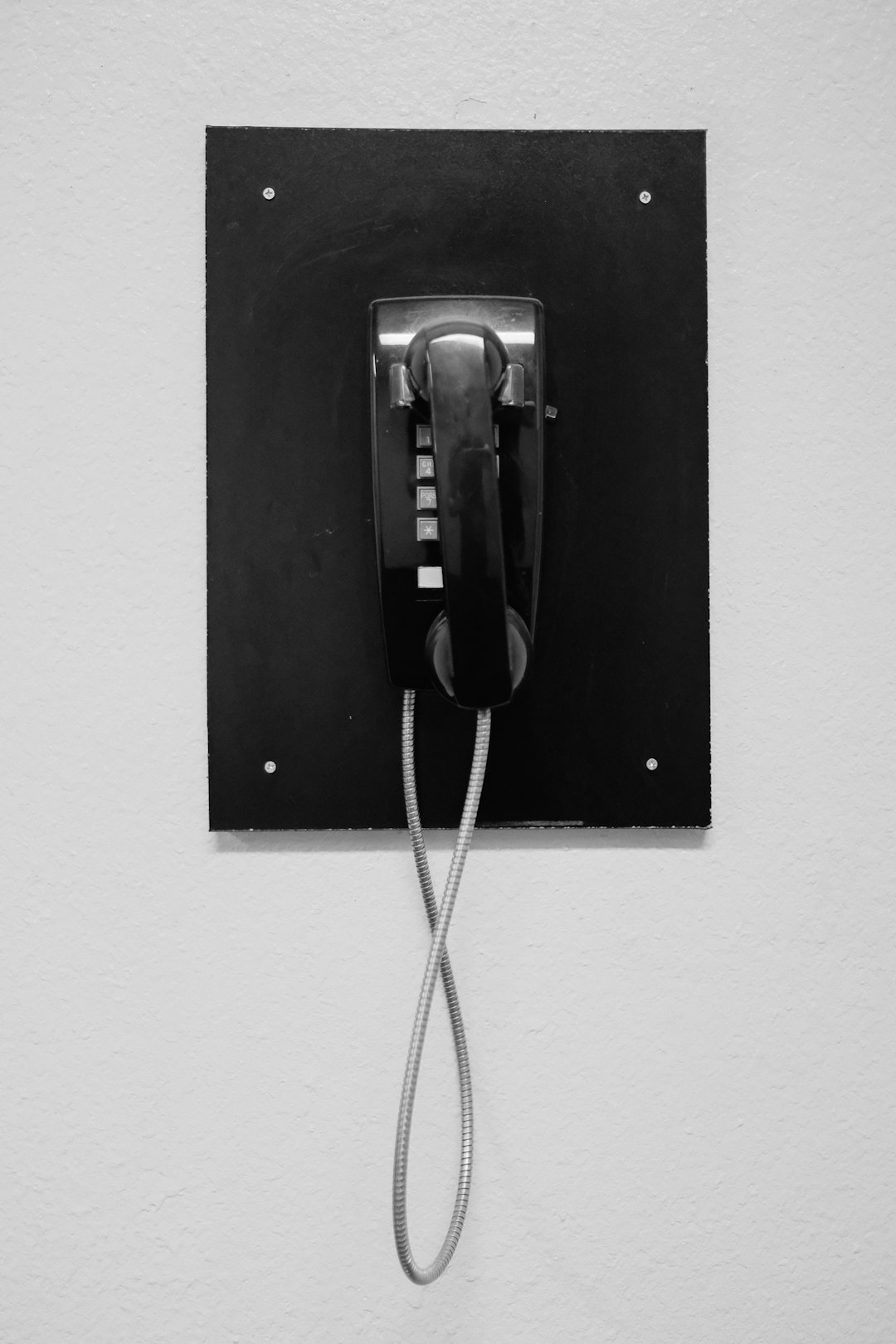In West Virginia, both state and federal laws, including the Fair Debt Collection Practices Act (FDCPA), rigorously regulate debt collection practices to safeguard consumers from abusive tactics. Debt collector Attorneys in West Virginia navigate this legal framework, ensuring compliance for creditors and debtors while facilitating fair interactions. Consumers have specific rights under the FDCPA, such as disputing debts and stopping unwanted contact, while debt collectors must accurately identify themselves and provide clear information. Consulting a debt collector Attorney in West Virginia is advisable if you suspect law violations, as they can guide you through your rights, negotiate settlements, and protect you from abusive behavior.
In West Virginia, understanding debt collection practices is crucial for consumers. This article serves as your comprehensive guide to navigating the legal framework surrounding debt collectors in WV. We explore the rights of consumers and the obligations of debt collectors, ensuring you’re informed about your protections.
Learn when it’s time to consult a debt collector attorney in West Virginia to safeguard your interests and understand your options. Familiarize yourself with the rules that govern this process and empower yourself with knowledge.
Understanding Debt Collection Practices in West Virginia
In West Virginia, debt collection practices are governed by both state and federal laws, designed to protect consumers from unfair or abusive tactics. Understanding these regulations is crucial for individuals facing debt collection efforts. A debt collector Attorney in West Virginia must comply with the Fair Debt Collection Practices Act (FDCPA), a federal law that sets strict guidelines on how debts can be collected. This includes prohibiting false or misleading statements, requiring valid validation of debts, and restricting contact methods and frequency.
State laws further enhance consumer protection. In West Virginia, debt collectors cannot harass or abuse individuals, use obscene language, or make repeated calls with the intent to annoy. They must also provide written notice detailing the amount owed and the name of the original creditor. Knowing their rights, consumers can effectively navigate interactions with debt collectors and seek legal counsel from a debt collector Attorney in West Virginia if necessary.
Legal Framework Governing Debt Collectors in WV
In West Virginia, the legal framework governing debt collectors is defined by a combination of state and federal laws. The primary legislation is the West Virginia Debt Collection Act, which outlines the rights and responsibilities of both debtors and creditors. This act ensures fair practices in debt collection, setting limits on when and how debt collectors can contact individuals. Additionally, it mandates clear disclosures about the debt and prohibits false or misleading information.
Debt collector attorneys in West Virginia play a crucial role in navigating this legal landscape. They guide both debt collectors and debtors to ensure compliance with these regulations. For instance, debt collection agencies must obtain valid debts before attempting to collect, and they are restricted from using abusive, unfair, or deceptive practices. A debt collector attorney helps enforce these rules, protecting consumers’ rights while ensuring that legitimate collection efforts can proceed efficiently within the legal framework.
Rights of Consumers and Obligations of Debt Collectors
In West Virginia, consumers have specific rights protected by law when dealing with debt collectors. According to the Fair Debt Collection Practices Act (FDCPA), debt collectors must provide validation of the debt and cease contact if requested by the consumer. They are prohibited from using abusive, oppressive, or harassment tactics, such as making threatening statements or calling at inconvenient times. Consumers have the right to dispute the debt and request evidence of it. A debt collector Attorney in West Virginia can help consumers understand their rights and ensure that debt collectors adhere to these legal guidelines.
Additionally, debt collectors have obligations they must fulfill when dealing with consumers. They are required to accurately identify themselves and the organization they represent. Debt collectors should provide clear and concise information about the debt and the actions they intend to take if the debt remains unpaid. Consumers can hold debt collectors accountable for any violations of their rights, which may include seeking legal recourse through a debt collector Attorney in West Virginia. Understanding these rights and obligations is crucial for both consumers and debt collectors to ensure fair and transparent interactions.
When to Consult a Debt Collector Attorney in West Virginia
In West Virginia, if you find yourself in a dispute with a debt collector, it’s crucial to know your rights and when to seek legal counsel. Consulting a Debt Collector Attorney in West Virginia is recommended when you believe the debt collector has violated any laws or regulations during their attempts to collect a debt from you. These violations can include aggressive collection tactics, inaccurate or misleading information, or failure to validate the debt as required by law.
If you receive harassing phone calls, threats of legal action without intent to pursue, or are being accused of owing a debt that isn’t yours, it’s time to involve a legal professional. A Debt Collector Attorney in West Virginia can guide you through your rights and options, ensure fair collection practices, and protect you from abusive or illegal collection methods. They can also help negotiate settlements or dispute the debt on your behalf, ensuring any agreements are legally sound and in your best interest.






